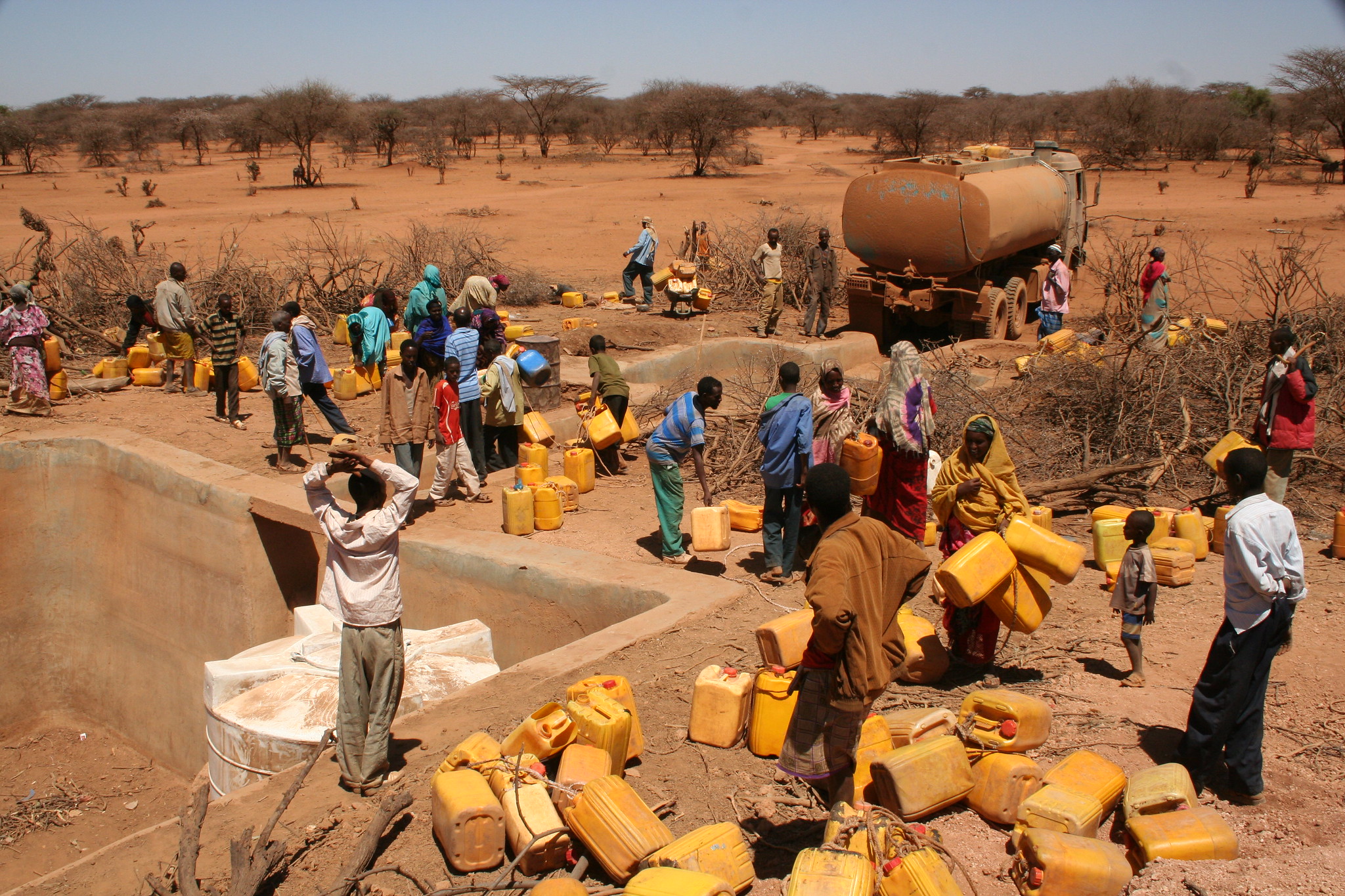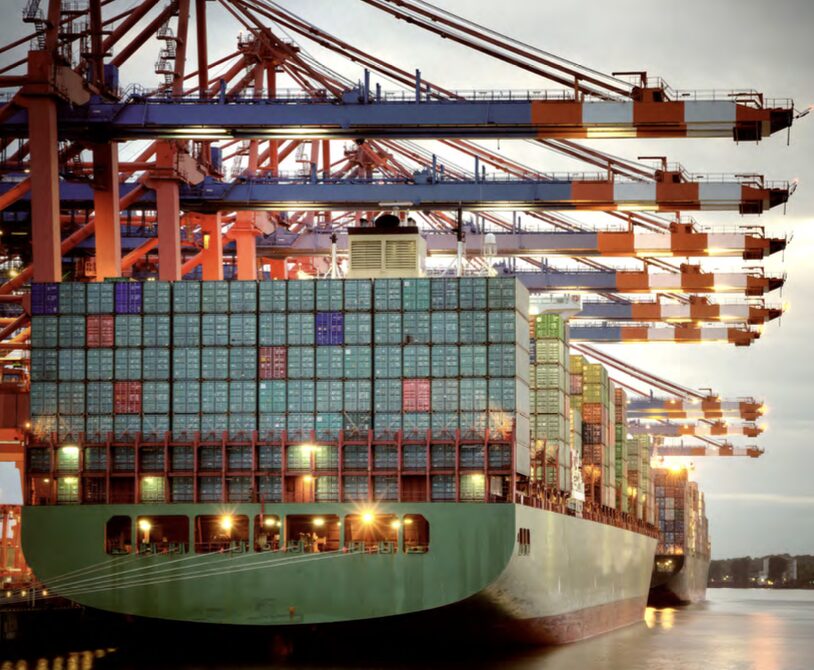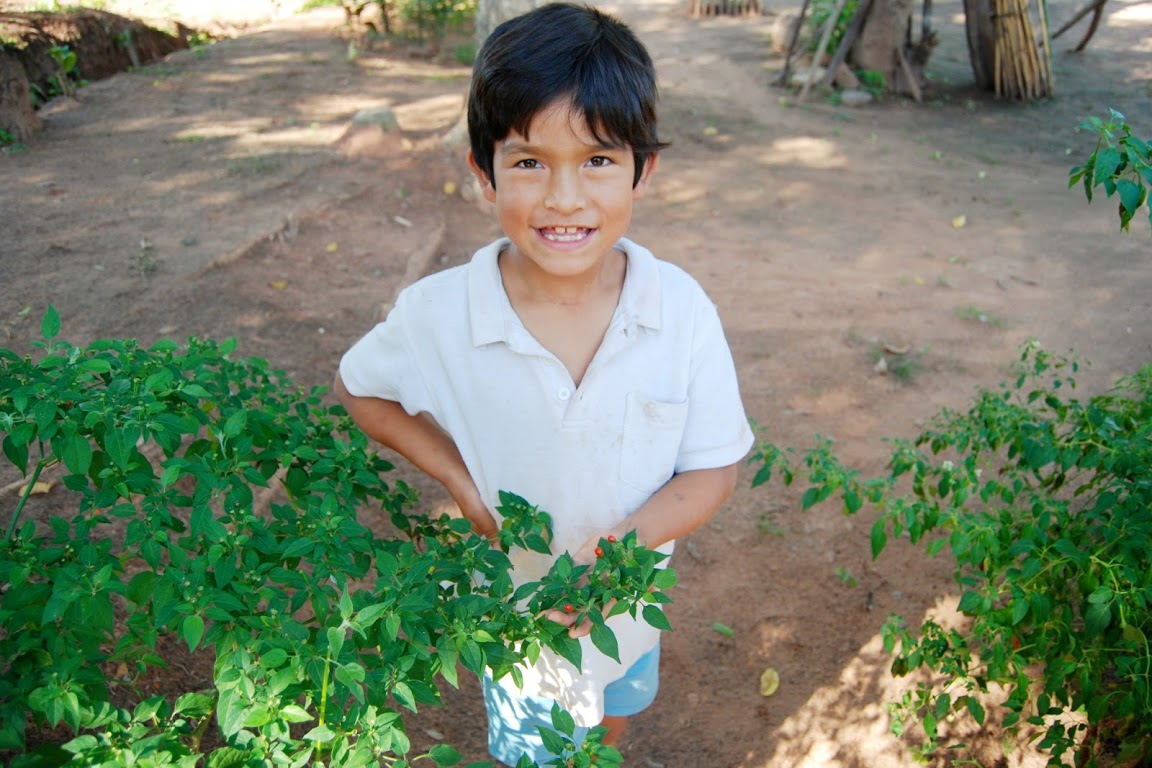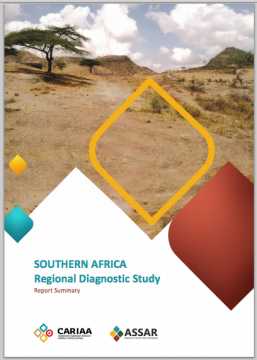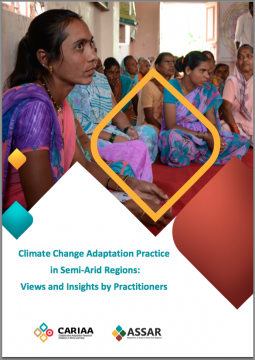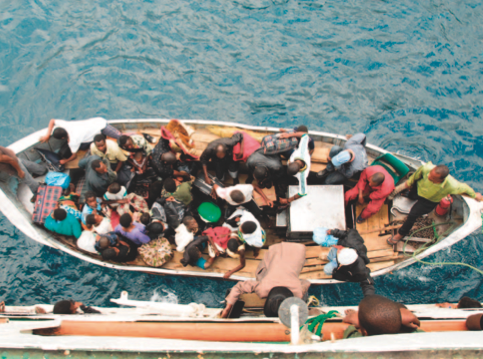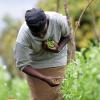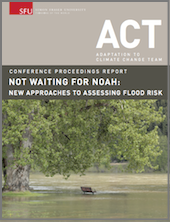Barriers to adaptation
Water and climate change: Adaptation at the margins
This hybrid event will explore the social and political barriers to producing, sharing and using climate information and how it should be interpreted, accessed and applied to support marginalised and vulnerable groups.
White Paper on European Climate Risk and Trade in Europe
This Adaptation Without Borders white paper explores the main barriers that are currently hindering business actions on adaptation and the role of public policies in creating an enabling environment that will accelerate investments in adaptation solutions and scale up their deployment.
Strategic Dialogue and Engagement for Climate Adaptation
This course will provide you with skills to overcome barriers to action, mobilize knowledge and data effectively, and work across silos in genuine interdisciplinary and collaborative practice.
Barriers in municipal climate change adaptation: Results from case studies using backcasting
This study aimed to investigate barriers to successful local climate change adaptation due to lack of support from decision makers in organisations other than the municipality in question.
EcoAdapt project: Socio-institutional context analysis
As global warming continues many Latin American countries face critical water scarcity issues. See this study on socio-institutional context of three countries in the region.
Vulnerability and Adaptation to Climate Change in the Semi-Arid Regions of Southern Africa: ASSAR Regional Diagnostic Study
Home to hundreds of millions of people, the semi-arid regions of Africa and Asia are particularly vulnerable to climate-related impacts and risks.
Report based on survey: Climate Change Adaptation Practice in Semi-Arid Regions – Views and Insights by Practitioners
The Research into Use (RiU) element of the research project Adaptation at Scale in Semi- Arid Regions (ASSAR) aims to ensure that ASSAR’s research outputs and findings are taken-up in adaptation practice and policy spheres across semi-arid regions.
Men and women farmers face contrasting realities that impact climate-resilience building
The Working Paper How resilient are farming households, communities, men and women to a changing climate in Africa? shows how men and women farmers are facing contrasting realities.
Not Waiting for Noah: New Approaches to Assessing Flood Risk
Identifying an appropriate communication channel or mode is vital to do through consultation or co-production as the context, specific user groups, location, gender and livelihood will determine whether the information is taken up or not.
Questions to consider in this step include:
How can this information be communicated most effectively to achieve application and uptake?
